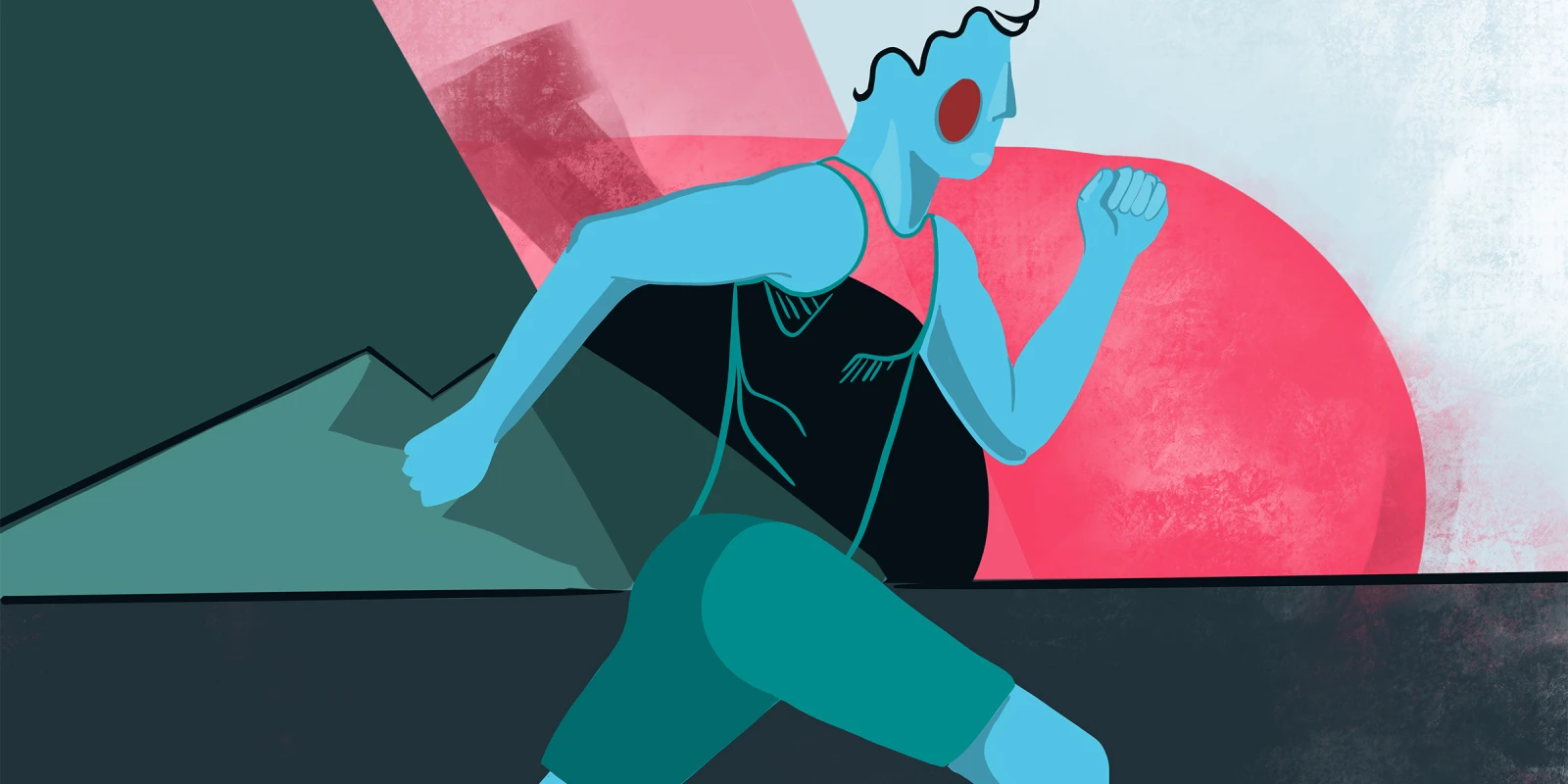I am a psychiatry PA. I am well-versed in managing patients’ symptoms of depression, anxiety, and ADHD. While therapy occurs in most appointments, primarily I manage and prescribe medications for their diagnoses.
I stress to patients that medications are a tool. By themselves, medications will rarely be the singular thing that gets them better. They are like a hammer to a carpenter: you still have to build the house.
But what my patients may not appreciate is that there are other things besides medications that have an impact — things like diet, exercise, and sleep.
To be clear, we all know this. When many of us go to see our primary care doctor, we are told that we should sleep regularly, exercise more, and eat better. But the problem is this mantra has been repeated so often that it’s simply not heard. We look for a “quick fix,” and search the internet for the easiest path to balance. However, as with most things in life, it’s the journey that matters, not the end goal — the journey to the goal of a healthier lifestyle is actually the goal itself.
So, how do we get psychiatry patients to consider lifestyle adjustments in addition to medication management?
First, I recommend sharing research results, not just listing off rote recommendations. For instance, we can tell our patients about how there is a wide body of research showing the benefits of physical activity and sleep for mental health. One study showed comparable improvement in mood disorder symptoms in patients who took antidepressants versus did a 16-week jogging plan. And a meta-analysis and systematic review of 218 exercise-related studies confirmed that exercise enhances mental health, and showed that the type of activity played a role as well. (Yoga, running, and strength training had the best results in improving depression markers, especially when the activity was intense.) Further, a study on sleep showed that improving a depressed patient’s sleep hygiene and quality results in a direct improvement in their mental health.
Second, I stress the link between physical health and mental health. It is not a stretch for many patients to understand that if their sleep quality doesn’t improve, it is unlikely that they will achieve optimum results from their antidepressants and therapy. Likewise, they are unlikely to be at their best physically if they are not similarly optimized with their psychological outlook.
Third, I give them my own story, and explain that such lifestyle adjustments are less challenging than patients may think. I tell them how I once had a personal trainer (a gift from my well-intentioned wife, who wanted me to be a bit less soft) who told me, on a day when I was in no mood to push it, that “no matter how little you think you’re doing, you’re still lapping everyone who’s sitting on the couch.” This has stuck with me since then, and when the day gets away from me, even strapping on a weighted backpack to walk the dog or going up and down the stairs twice makes a difference in my outlook. I know that I am, at a minimum, pointing myself in the right direction. As a result, I give patients tips, such as explaining that working out in the morning may come with one hurdle (not wanting to get up early) versus the many excuses we can give for not working out in the evening (I need to get home, it’s been a long day, I’m too tired, etc.). Incremental changes over time may amount to a far more durable effect than trying to change things up completely. We consider the impact of big changes, but it’s the little ones that can add up to big differences, and be more manageable for our patients.
My patients want to be healthier. Many of them are concerned about their appearances, saying that if they simply lost 20 pounds, they would be happy and would no longer have the anxiety and depressive symptoms that plague them. Whether or not this is true, the effect on mental health of physical activity that leads to weight loss should not be underestimated.
Psychiatry is an evolving specialty, and benefits from the research of medications as well as therapeutic approaches to diagnoses. I feel strongly that the best approach to our patients’ well-being is a more holistic, comprehensive one, which would include those rote recommendations we all hear when we see our PCP. As simple as they may be, they hold truth. Prescriptions for patients are not just electronic orders to the pharmacy, but also firm advice to monitor their sleep schedule, get regular mental and medical health care, and stay physically active. It’s all part of the whole.
How do you motivate patients to adjust their lifestyles? Share in the comments!
Chris van Eyck, DMSc, PA-C, MSHS is a psychiatric physician associate working in psychiatry in Northern Virginia. He was a 2023–2024 and 2024–2025 Doximity Op-Med Fellow.
Image by J_art / Getty






